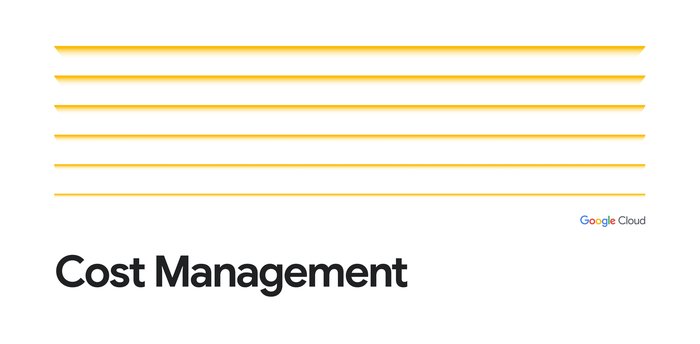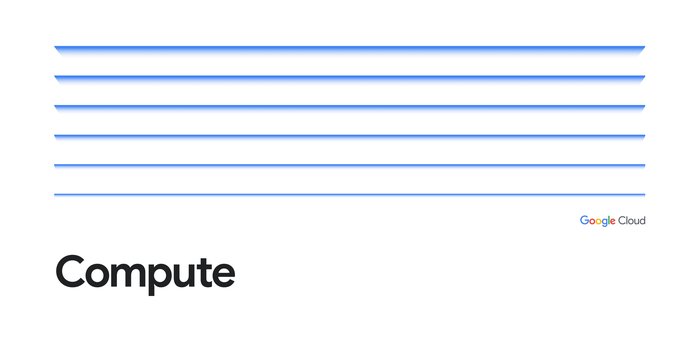Python 3.7 for App Engine is now generally available
Dustin Ingram
Senior Developer Advocate
Earlier this year, we announced the beta launch of a Python 3.7 runtime for App Engine standard environment. Today, we’re excited to announce that Python 3.7 is now generally available on Google App Engine.

Introducing second-generation runtimes
This second-generation Python runtime represents more than ten years of experience supporting Python on Google Cloud Platform. We first launched App Engine in 2008, and since then, both App Engine and Python have evolved considerably.
App Engine standard environment now provides an idiomatic Python runtime, allowing developers to use dependencies from the Python Package Index or from private repositories via the requirements.txt file. This includes any web framework that supports the Web Server Gateway Interface (WSGI), including Flask, Pyramid, Django, and more, enabling you to write apps and microservices that will run on any Python runtime.
In addition, we’ve decoupled the most popular features from first-generation App Engine, like Cloud Scheduler (originally App Engine Cron) and Cloud Tasks (originally App Engine Task Queues), allowing developers to write even more portable code that can be used across all GCP services.
Python at scale
App Engine’s ability to scale and it’s support for Python 3 makes it the platform of choice for customers like DeNA, a provider of mobile services based in Japan:
“We're building mobile games where traffic can fluctuate up to 1,000% based on new feature releases,” says Yoshiki Ogawa, Engineer at DeNA and Shohei Miyashita, Engineer at DeNA. “App Engine's ability to scale with traffic reduced our infrastructure cost and complexity. And thanks to the recently added Python 3 runtime, our R&D group was able to introduce our game's decision-making engine using the latest versions of pandas and numpy.”
In addition to being able to automatically scale up based on load, the new Python runtime can also scale down: in fact, it’s our first Python 3 runtime that can scale to zero. And since you’re only billed based on what you use, this can significantly reduce costs for infrequently used applications or services, without needing to think about configuring infrastructure.
Try Python 3.7 today
You can write apps using Python 3.7 today on the App Engine standard environment—check out the docs to get started.


